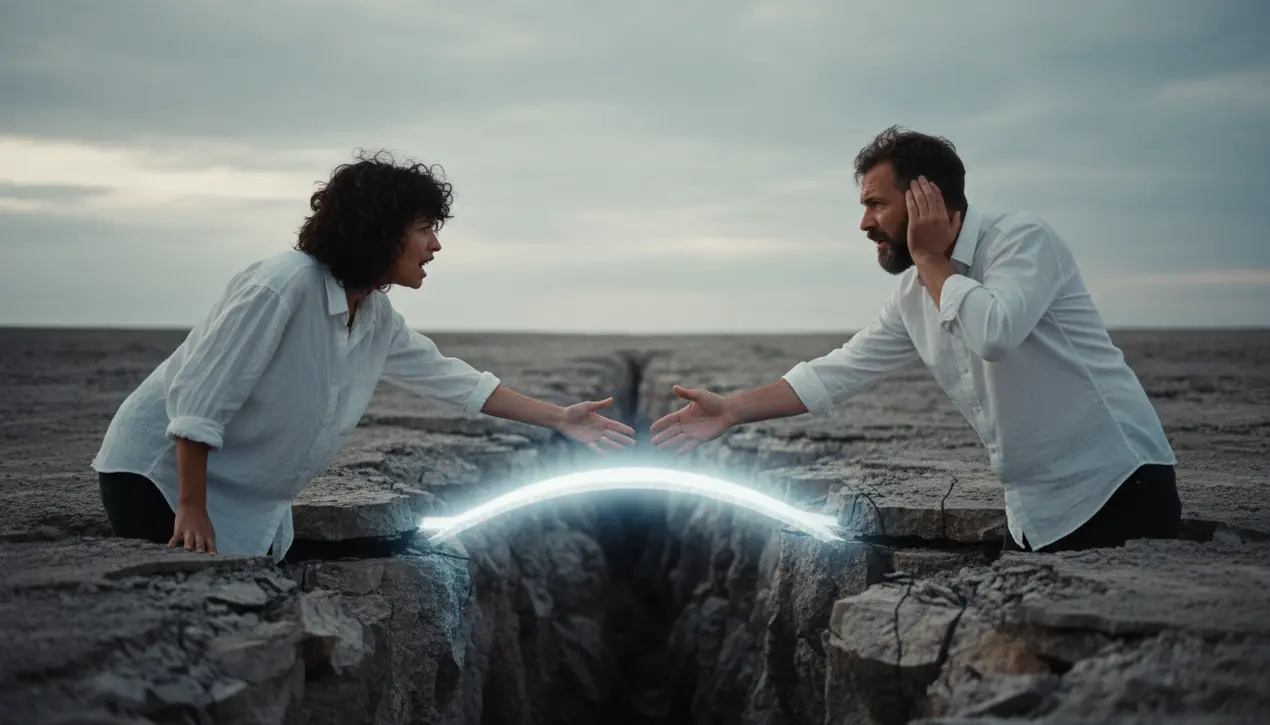
OthereducationEducational Policy
The Art of Deep Listening: A Timeless Antidote to Modern Communication Breakdowns
LA
Laura Bennett
2 days ago7 min read
It begins with a spark—an uncommon electricity between two people that makes the chasm separating one consciousness from another seem to vanish. But one day, they find themselves on the precipice of that very abyss, sparring over the reality of a shared situation, each having a profoundly different experience of it.What happens next determines the future of the relationship. In 1951, against the ominous backdrop of the Cold War, pioneering psychologist Carl R.Rogers presented a radical idea to the Centennial Conference on Communications. His proposition, that the true barrier to communication is not a deficit of logic or vocabulary but a fundamental failure to listen from within another's frame of reference, remains startlingly relevant in our era of fractured digital discourse.Rogers, who revolutionized psychotherapy with his person-centered approach, identified this core problem as a lack of 'empathic understanding'—the courageous act of entering another's perceptual world without judgment. He considered this the most potent force for conflict resolution ever discovered.In my work with couples, I witness a hauntingly consistent pattern: two people in the same room, using the same words, yet inhabiting entirely separate emotional realities, much like nations speaking past each other across a diplomatic divide. This is not a failure of speech, but of reception.We default to what Rogers termed 'the tendency to evaluate,' immediately judging or approving statements from our own subjective viewpoint, rather than undertaking the vulnerable work of temporarily suspending our convictions to fully grasp the feelings and meanings animating another's perspective. The most resilient relationships, from intimate partnerships to international diplomatic corps, share a critical commonality: they institutionalize practices that enforce deep listening.They create what one marriage counselor called 'sacred spaces of non-reactivity'—structured dialogues where the sole objective is comprehension, not rebuttal. Rogers believed this empathic stance could transform global politics, serving as an antidote to the ideological rigidity that fueled the Cold War.Today, as we navigate our own cultural cold wars on social media and in polarized communities, his insight is prophetic. The breakdown lies not in our technology for transmitting messages, but in our human capacity to receive them with genuine curiosity instead of defensive preparation for our next argument. Repairing it demands a counter-intuitive act of strength: laying down our intellectual armor long enough to truly hear the person on the other side, recognizing that to understand someone is not to surrender to them.
#communication
#psychology
#Carl Rogers
#conflict resolution
#relationships
#featured
#interpersonal skills
Stay Informed. Act Smarter.
Get weekly highlights, major headlines, and expert insights — then put your knowledge to work in our live prediction markets.
Related News
Comments
Loading comments...
© 2025 Outpoll Service LTD. All rights reserved.